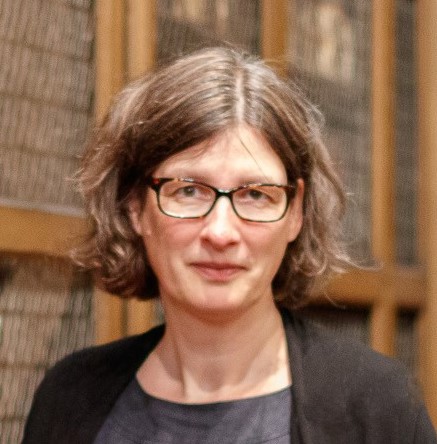Getting to Know Your Panel Part V
This is the final of five blog posts where we interviewed each member of the Binding the Bard bookbinding competition panel of judges to hear about their thoughts on Shakespeare, the First Folio, books, art, and inspiration.
Dr. Danielle Westerhof

1. Tell us a little about yourself and how you find yourself involved in the Binding the Bard bookbinding competition.
I am the Rare Books Curator at Palace Green Library, Durham University Library and Collections. My role ranges from acquiring new rare and early printed books to enabling intellectual and physical access to the collections, including the internationally significant seventeenth-century library built by Bishop John Cosin. With a background in historic libraries, I am interested in how the book as object functions within the domestic and public space, and what books tell us about ourselves. For me, each book is a unique object with a history of its own, which is why I am really excited to be on the judging panel for Durham University’s first ever bookbinding competition. How will bookbinders respond to creating a binding for a facsimile of one of the most iconic books in the English language, the first folio of William Shakespeare’s dramatic works?
What is your favourite Shakespeare-adjacent memory?
Spending a week in Stratford upon Avon during my English Literature and Language undergraduate degree. A term-long module was squeezed into six days of intensive study at the Shakespeare Birthplace and watching a Shakespeare play a day. It was an amazing experience.
If you could travel backwards in time and give Bishop John Cosin one book from today to add to his library, what would it be?
Margaret Atwood’s The Handmaid’s Tale, both because there are few books written by women in his library and because Atwood’s deeply disturbing dystopian vision of a brutal theocentric patriarchy provides a much-needed corrective to the large number of books on theological subjects.
Can you share some thoughts with us on the First Folio, or describe your relationship with this book?
I am fascinated by how the First Folio (note the capitals!) has over time achieved such iconic status as a book that it can be known by a term relating to its format rather than its actual title. Shakespeare undoubtedly had a way with words but what makes this particular book more special than other books with the same text?
